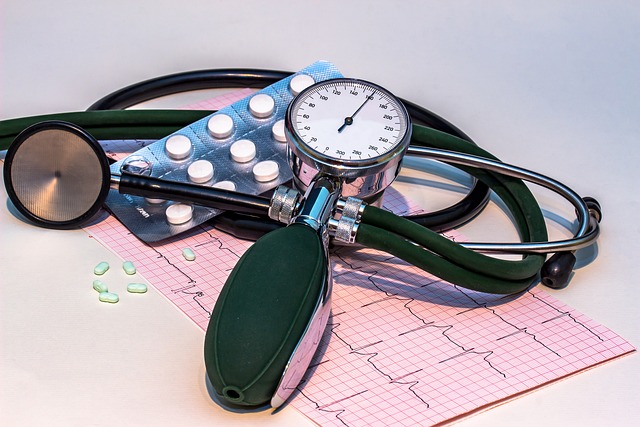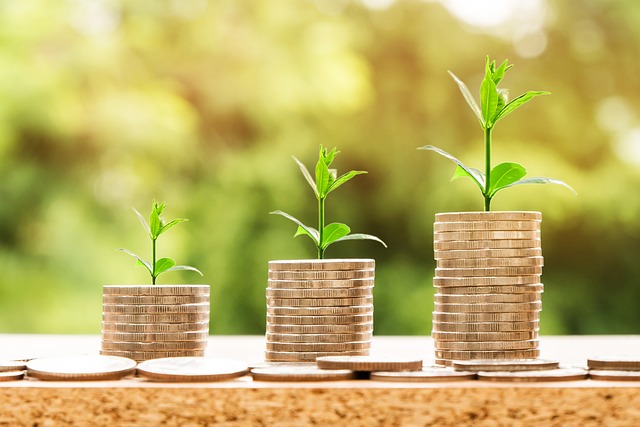For most fitness freaks, the holy grail is well-defined muscular physique. However, for a vegan bodybuilder, the journey from an average guy to a defined, athletic muscular one requires rigorous training, disciplined nutritional approach, and above all, proper dieting. Diet is most important for growth and development, but it is equally important for recovery and energy. This paper covers the issue of diet for a vegan bodybuilder, including meal plans, macronutrient distribution, and selection of food products.
Understanding Macronutrients For vegan bodybuilder
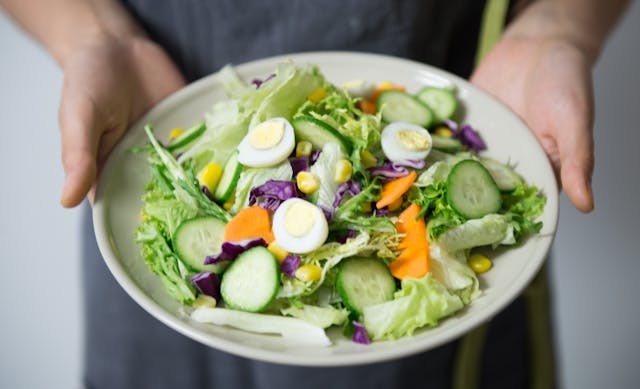
The key here is understanding the three main macronutrients-in proteins, carbohydrates, and fats-whose functions are drastically different from one another in bodybuilding.
Proteins:
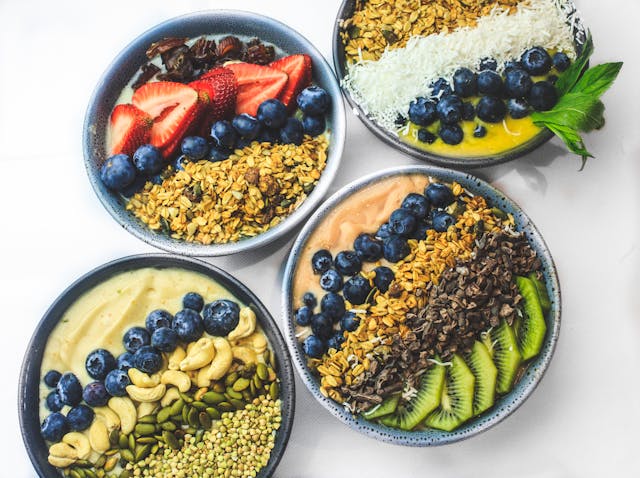
Proteins are of utmost importance when it comes to repairing and building muscles. So, they come first in your diet. The universal standard in protein intake is between 1.2 to 2.2 grams per kilogram of body weight, depending on individual goals and training intensity.
Carbohydrates:
The primary source of energy for vegan bodybuilder is carbohydrates. These are needed for energizing workouts and recovery. Vegan bodybuilders should be using complex carbs, leading to a longer time for energy release and consumption. A good starting point could be a daily target of 3 to 7 grams of carbohydrates per kilogram of body weight, adjusted for activity level. Good sources include whole grains like brown rice, oats, and quinoa, and fruits like bananas, berries, or apples.Vegetables, Broccoli, spinach, and sweet Potatoes legumes, Beans, lentils
Fats
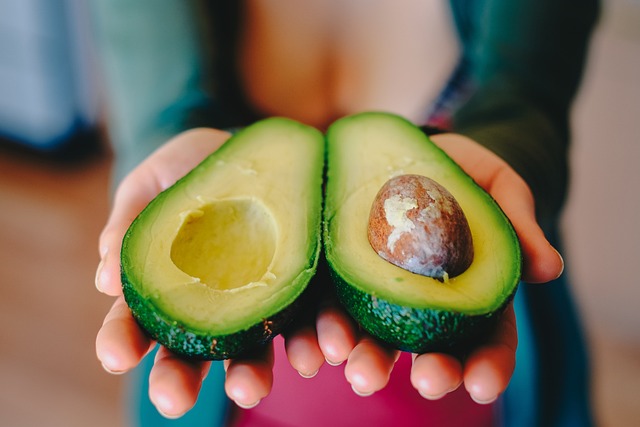
Healthy fats help in hormone production, joint health, and overall well-being. The total amount of fat intake should make up about 20-30% of total caloric intake. The unsaturated fats are more preferred. Healthy fats can be obtained from:
- Avocado
- Nuts
- seeds
- Olive oil
- coconut Oil
Meal Planning
The right meal planning is an integral part of vegan bodybuilding. Here are a few important principles of it:
1. Caloric Surplus or Deficit:
For muscle gain, you require a caloric surplus, usually by adding 250-500 calories in daily intake. For fat loss while retaining your muscles, a caloric deficit of around 500 might do the trick.
2. Meal Frequency:
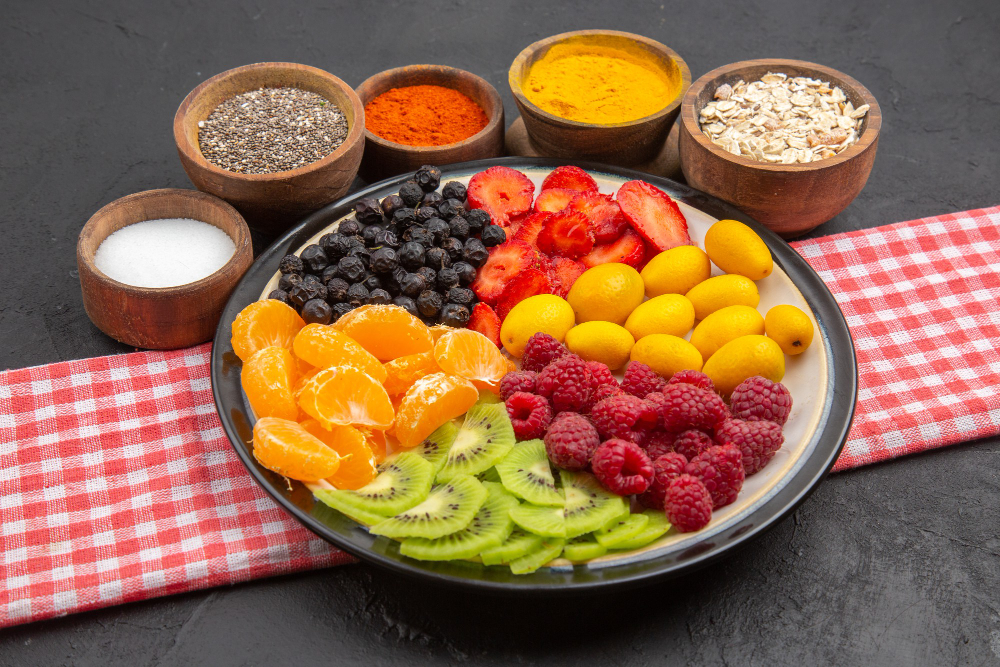
While this can vary on an individual basis, eating every 3-4 hours may be the best general strategy to keep energy levels up and aid in muscle protein synthesis. On a daily level, this translates into three major meals and two to three snacks per day.
3. Pre- and Post-Workout Nutrition:

Nutrition during and around workout times is crucial for vegan bodybuilder . A pre-training meal must have carbohydrates for energy, together with moderate amounts of protein. After the training session, it’s best to have a combination of protein and carbohydrates to reassemble and rebuild the muscles. The following are some examples:
Pre-training: Banana and scoop of protein powder
Post-training: Protein shake with oats or sweet potatoes
Sample Meal Plan for vegan bodybuilder
Here is a sample meal for the day in achieving a good balance of nutrition by a vegan bodybuilder :
Breakfast– oatmeal with berries, topped with almond butter (1 tablespoon)
Mid-Morning Snack– Greek yogurt, 200g, with honey and mixed nuts handful
Lunch– Quinoa, 1 cup- Steamed broccoli and carrots
Afternoon Snack:- A protein shake with 1 scoop of protein powder, together with a banana and a tablespoon of peanut butter
Dinner:Baked salmon (200g).Brown rice, cooked serving of 1 cup.Mixed green salad in a dressing of olive oil.
Evening Snack: Cottage cheese 200g, with peaches or pineapple chunks .
Hydration
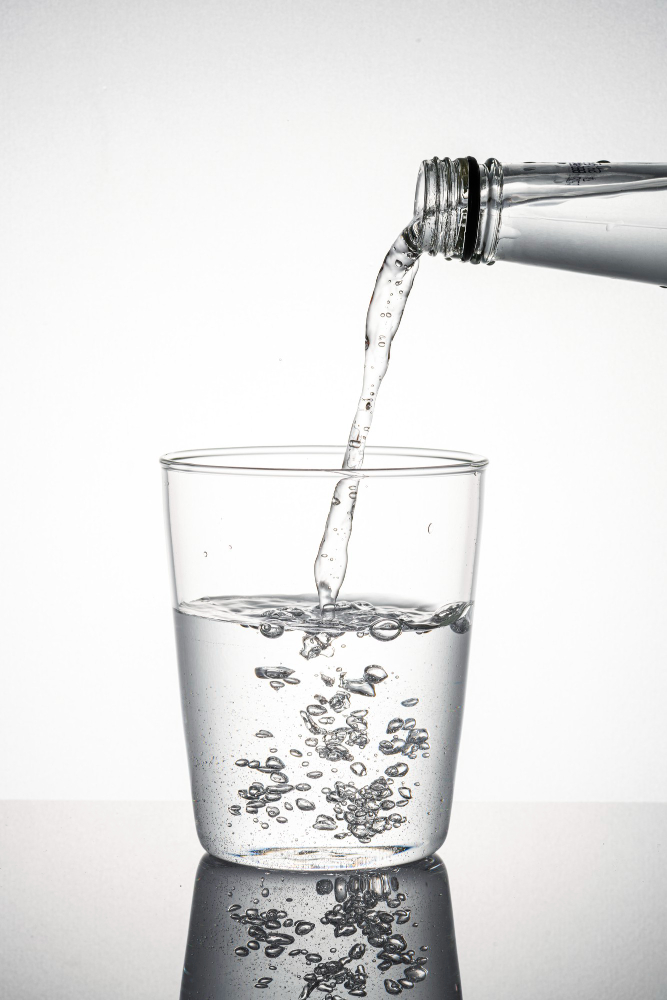
Hydration is important for general performance and recovery. A general guideline is 2-3 liters of water daily, but hydration will need to rise based on activity level and climate.
Supplements:
A well-balanced diet will account for most needed supplementation, but particular supplements may assist vegan bodybuilder.
Protein:
There are several varieties, including whey or plant protein, which may be required to meet daily needs
Creatine: Can assist with muscle gain and strength
BCAs: To aid in recovery and minimize muscle soreness
Omega-3 fatty acids for joint health and reduction of inflammation
Key Takeaways for vegan bodybuilder
1. Individualization:
Everyone is unique, and so are the needs of the body based on age, gender, activity level, and metabolism. It would be great if a discussion can be engaged with a registered dietitian or nutritionist who may be able to tailor a program based on your specific needs.
2. Quality over quantity:
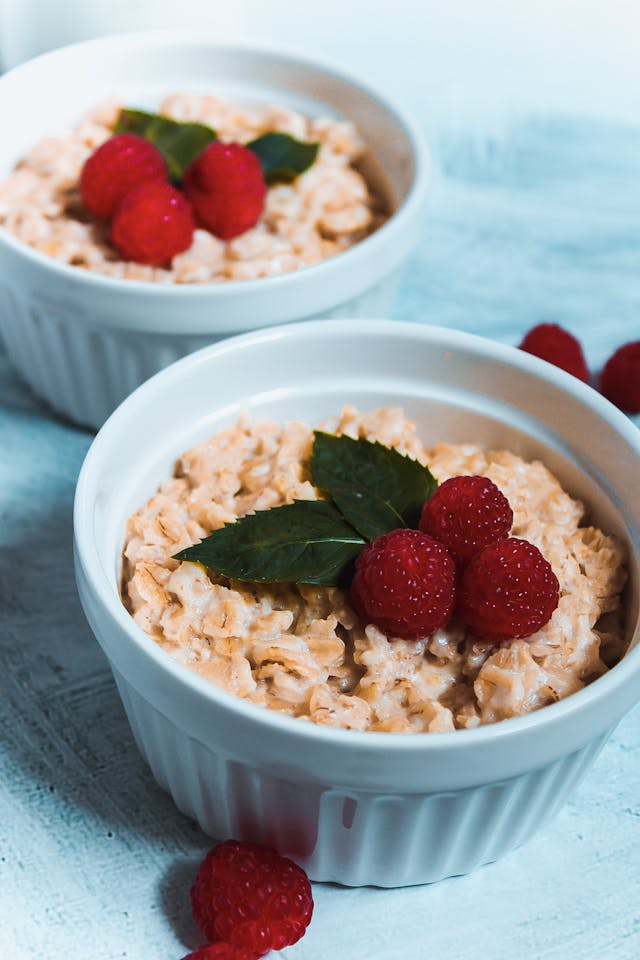
Stick to whole, minimally processed foods. Calculating calories is helpful, but the quality of the food is going to be what brings you optimal health and performance.
3. Patience and consistency:
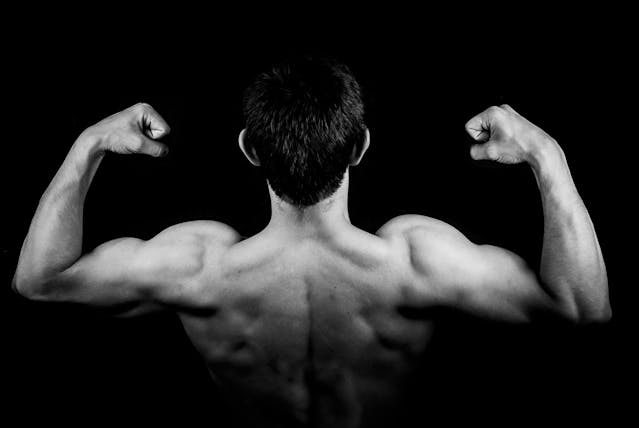
Building muscle takes time. Stay consistent with your training and diet and don’t get discouraged with slow progress.
Conclusion
A vegan bodybuilder diet is a science mixed with a pinch of personal preference, tuned toward high-quality foods that support the training and recovery. Now you understand macronutrients, plan your meals strategically, and prioritize your overall health; you are going to be stuffing your body with the right combination for both performance and aesthetic goals, You can start with some macro workouts to kickstart your journey. The journey is a marathon, not a sprint. Just enjoy the process of becoming your best self.
FAQs on vegan bodybuilder
1. Is it possible to gain muscle while on a vegan diet?
Of course. Building muscle while on a vegan diet is absolutely possible. Many professional bodybuilders fare well on this type of nutritional program by indulging in rich protein sources such as legumes, tofu, tempeh, seitan, and protein powder made of peas or brown rice.
2. How can I be certain that I am getting enough protein in a vegan diet?
Use as many sources of varied proteins as possible, such as lentils, chickpeas, beans, quinoa, nuts, seeds and whole grains. Trying to get close to 1.6 to 2.2 grams of protein per kilogram of body weight can help you add muscle.
3. About the more specific nutrients, B12 and iron?
Vegans need to be conscious of nutrients such as vitamin B12, iron, omega-3 fatty acids, and zinc. Fortified foods or supplements may be best for B12, and iron-rich foods include lentils, dark leafy greens, nuts, seeds, and whole grains, which may increase absorption when taken with vitamin C.
4. How will I care for recovery and inflammation?
Recovery can be maximized by diet components that come in high amounts of whole foods, antioxidants, and omega 3s. The anti-inflammatory power of berries, leafy greens, nuts, and seeds will also play a role. Finally, hydration and sleep help make up the recovery.
5. What are some quick meal ideas for a vegan bodybuilder?
A smoothie with plant-based protein powder, spinach, banana, and almond milk.Quinoa salad with black beans, corn, avocado, and lime dressing.Stir-fried tofu with mixed vegetables and brown rice.Overnight oats with chia seeds, almond milk, and berries.

